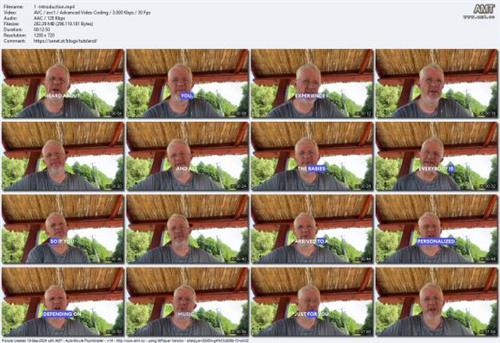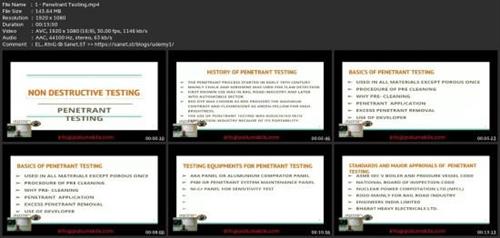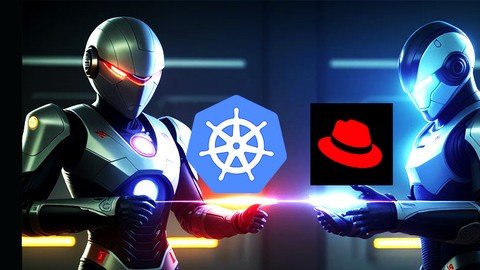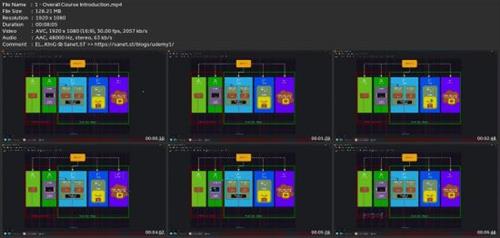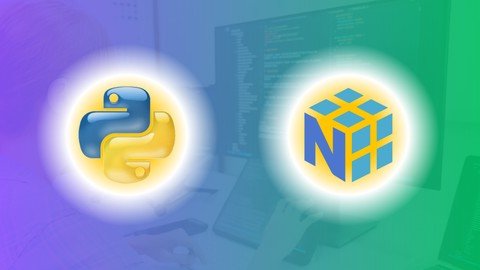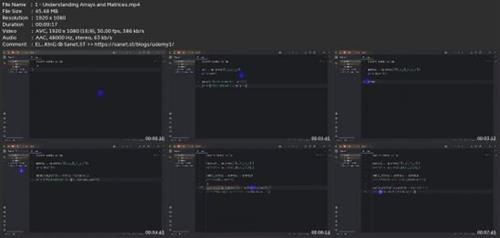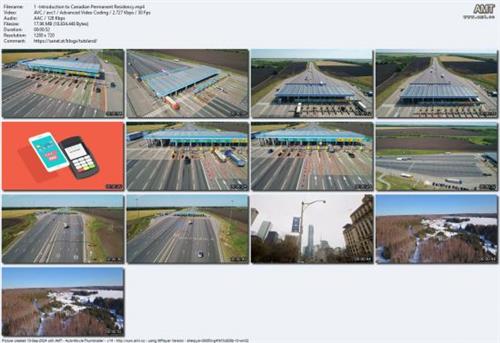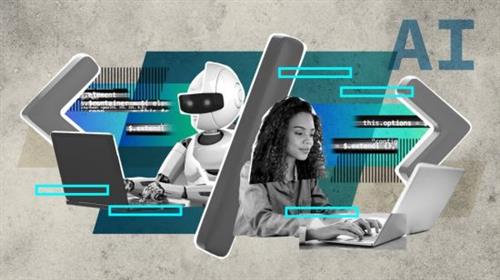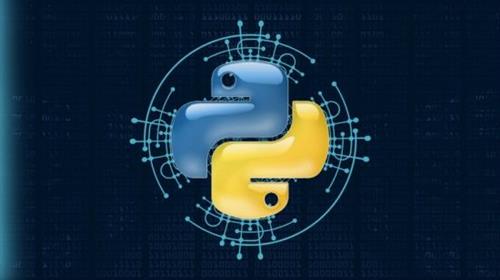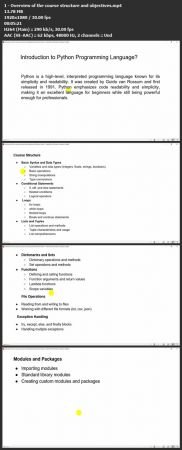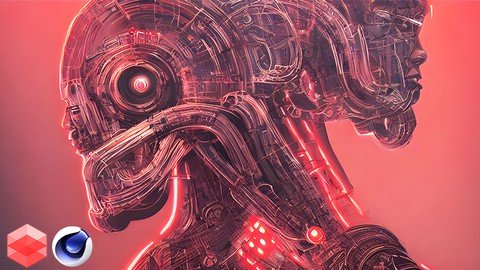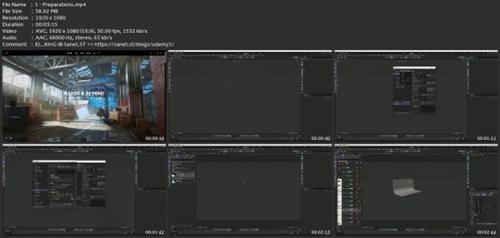Microsoft Entra ID for JavaScript Developers
Released: 09/2024
Duration: 1h 44m | .MP4 1280x720, 30 fps(r) | AAC, 48000 Hz, 2ch | 239 MB
Level: Intermediate | Genre: eLearning | Language: English
Microsoft Entra ID-a cloud-based enterprise identity service-allows you to manage users, apps, and devices, and integrate with third party apps, services, and clouds. In this course, Sahil Malik shows JavaScript developers how to get started using Entra ID. Through a series of demos, Sahil shows how you can leverage Entra ID for authentication services for your applications, call existing APIs such as Microsoft Graph, and author your own Node.js APIs.
Homepage:
Code:https://www.linkedin.com/learning/microsoft-entra-id-for-javascript-developers-24644737
Screenshots
Download link
rapidgator.net:
[Only registered and activated users can see links. ]
nitroflare.com:
[Only registered and activated users can see links. ]

 Our Live Cams
Our Live Cams


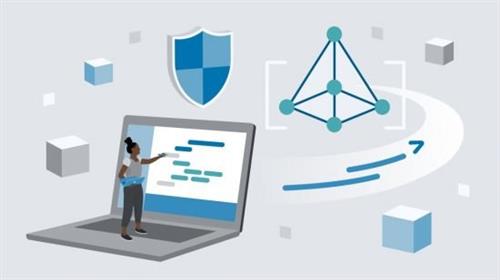
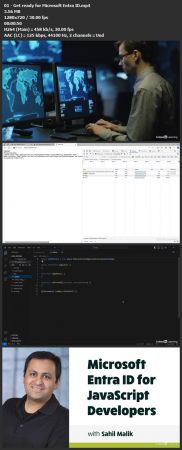

 Reply With Quote
Reply With Quote
